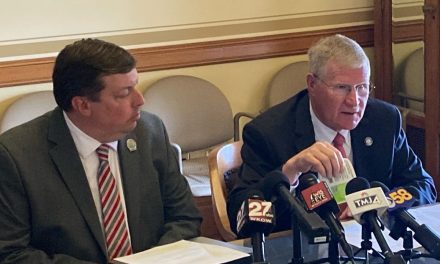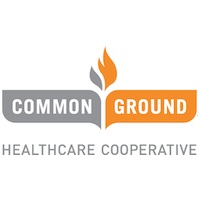
HSHS CEO Damond Boatwright’s commentary in response to the “Hospital Stability and Health Services Act of 2024,” introduced last week by Sen. Tammy Baldwin, D-Wis.
For consideration as a proactive commentary in response to the “Hospital Stability and Health Services Act of 2024,” introduced last week by Sen. Tammy Baldwin (D-WI).
Damond W. Boatwright, President and CEO, Hospital Sisters Health System
For more than 140 years, Hospital Sisters Health System (HSHS) has provided health and healing to patients in small communities throughout rural Wisconsin, as well as Southern and Central Illinois. Our Hospital Sisters were among the first to travel to outlying communities, sharing their Mission to reveal and embody Christ’s healing love for all people through our high-quality Franciscan health care Ministry.
Today, HSHS hospitals and physicians continue to provide care, compassion and healing to each person in the communities we serve, regardless of ability to pay. But that Mission is in jeopardy.
In an increasingly complex and challenging health care environment, HSHS – like many other nonprofit, community hospital systems – has pursued all available strategies to sustain health services for those who entrust us with their care. We have cut expenses despite rising inflation, increased efficiencies and sought to attract and retain experienced nurses amid a historical labor shortage.
Alarmingly, access to care in rural communities is in real danger. A recent report by the nonprofit Center for Healthcare Quality and Payment Reform found about 700 rural hospitals in danger of closing. Another report, from healthcare consulting firm Chartis, estimates 167 rural hospitals have closed since 2010, with another 418 likely to follow unless they turn things around.
I am encouraged attention is being paid to the dire situation facing nonprofit rural community hospitals like ours. Yet, requiring more onerous regulation or mandating that community hospital system maintain comprehensive services while sustaining millions of dollars in financial losses is not feasible.
To protect rural healthcare in America, we must find solutions that address the regulatory complexities, reimbursement challenges, escalating operating costs, unnecessary competition for patients, and other hurdles that make our business so difficult. These are the factors that create the troubling circumstances in which hospitals have no other option but to discontinue core services or to close.
Providing affordable and accessible health care to millions of people, especially those living in rural areas, should be a top priority for healthcare policymakers. As the CEO of a Catholic nonprofit health system, I believe the business of delivering health care was never meant to be grossly profitable. However, it is meant to be – and must be – sustainable. The time has come to work together to find collaborative and creative solutions to solve the underlying, systemic issues that threaten rural health care, rather than put more pressure on the hospitals and caregivers who are trying to save it.

























.jpg?bwg=1612548324)





